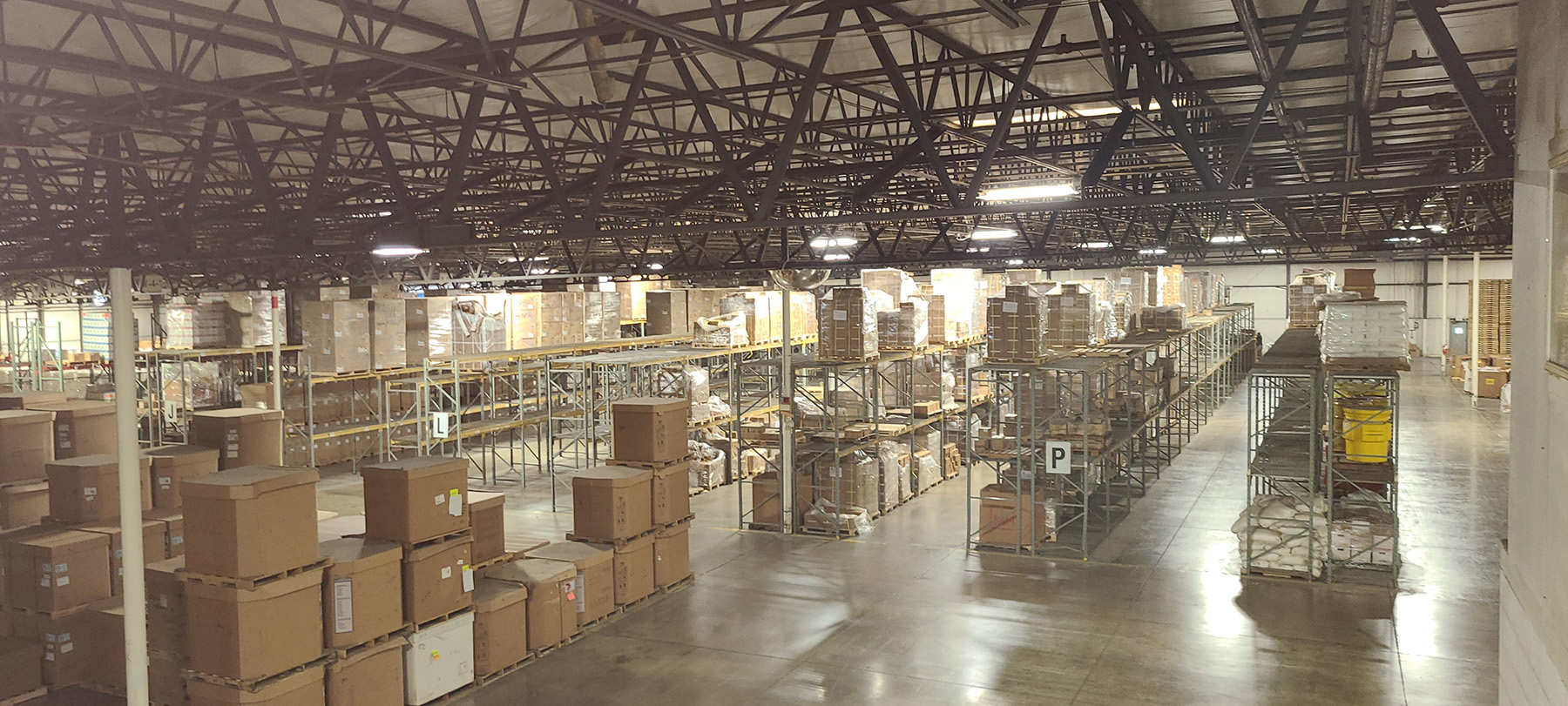You may have heard the term emergency warehousing, but might not be clear what it means or what value it has to offer. Is it something your business needs? We’ll briefly define emergency warehousing and outline four ways in which it can help a business.

Sometimes companies experience events that interrupt their operations. The larger public became familiar with the turn “supply chain disruptions” during the pandemic. Yet disruptions to the supply chain have happened for a variety of reasons, including natural disasters, other calamities, inclement weather, labor strikes, container shortages, and wars. Other threats can also interrupt a company’s operations, such as incidents at their own or their suppliers’ facilities (floods, fires, power outages, etc.). These incidents can damage or shut down facilities temporarily or for an extended period of time. Additionally, unexpected surges in orders can leave companies with not enough product to fulfill demand. Interruptions like these underline the importance of emergency warehousing.
What Is Emergency Warehousing?
Emergency warehousing is a rapid-response solution to operational interruptions, providing immediate but temporary storage and inventory management solutions. Crisis management warehousing is an example of an emergency warehousing service, as is overflow storage. 3PL’s that offer emergency warehousing offer a critical logistics service. They can serve as part of a client’s risk management strategy, offering reliable external service to combat disruptions.
Four Benefits of Emergency Warehousing
Operational interruptions can happen at any time. There is often little or no time to address significant issues in the middle of a crisis, which is why it is important to prepare ahead of time for possible disruptions. Connecting with a partner than can provide emergency warehousing is an important way any business that manufacturers or stores product can protect its investment. Below are four specific benefits of emergency warehousing.
1. Supply Chain Continuity
A 3PL’s emergency warehousing service allows its clients to continue operations. Supply chain disruptions can cost a company a lot of money due to lost sales. Customer satisfaction can also be compromised, leading to a reduced customer base, damage to its reputation, and fewer sales.
2. Inventory Protection
Inventory can be at risk if a facility is damaged or shut down. Inventory subject to spoilage, water damage, severe temperature fluctuations, or other perils will be lost if it cannot be transferred rapidly to a non-damaged facility. Lost inventory obviously results in lost revenue. A 3PL providing emergency warehousing can efficiently take in product, inventory it, and safely store it until it is needed. The best 3PL partners can also handle order fulfillment, if necessary, until operations are back up and running at normal capacity.
3. Regulatory Compliance
If changes in regulations have a business scrambling to get its facility and policies within compliance, a 3PL that is already in compliance will serve as a welcomed partner if it offers emergency warehousing. The 3PL can receive the product into its own facility and ensure that it is handled and stored according to the proper regulations.
4. Safety Stock
Whether as assurance against supply chain or other operational disruptions, global price wars, or seasonal sales fluctuations, safety stock can be handled by a 3PL providing emergency warehousing services. Safety stock enables a company to continue to handle orders as usual until the disruption has been resolved. Any money spent on inventory can be easily recouped when safety stock is available to fulfill orders—particularly if one’s competitors are unable to meet customer needs.
If emergency warehousing sounds like a service that would benefit your company, contact one of our agents to learn more about ASW's emergency warehousing.
